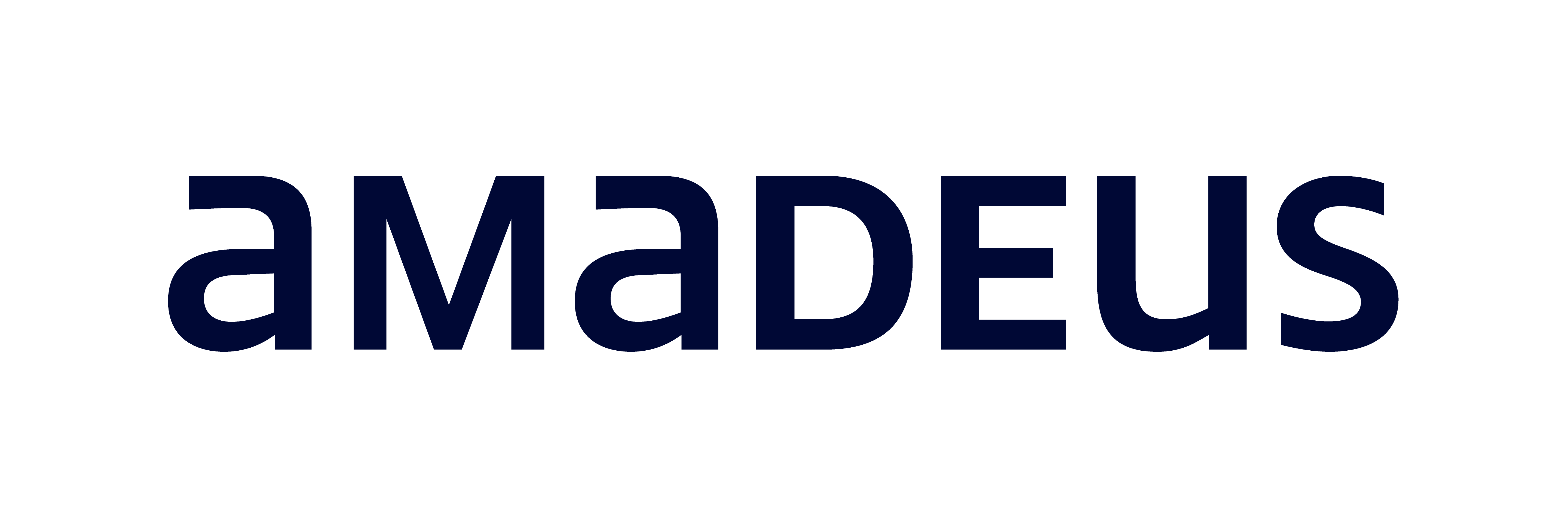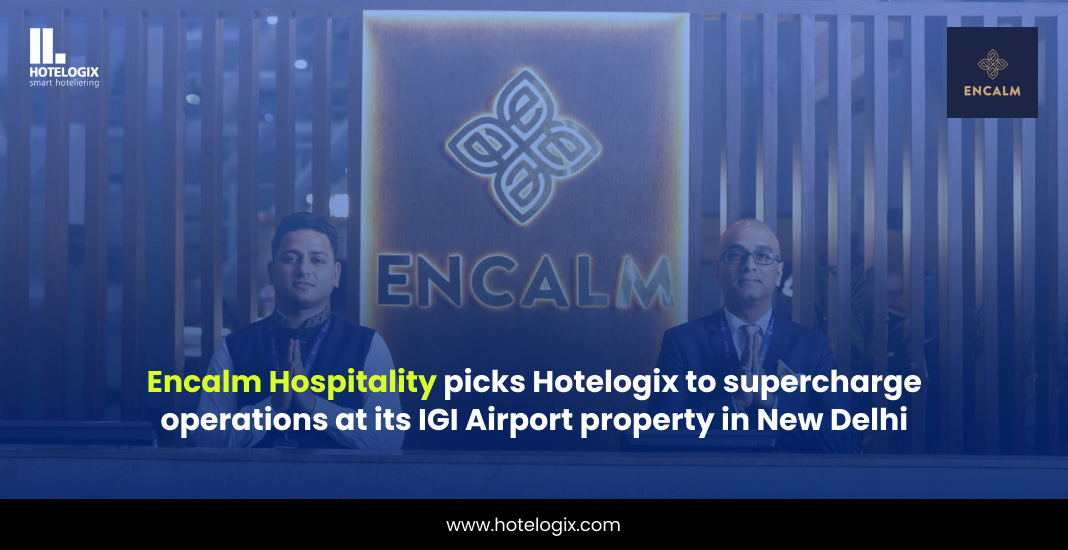Over the past few years, like all companies, Amadeus has been working both internally and externally, on the impact of its actions with regards to sustainability. However, I believe we have reached a tipping point, particularly in corporate travel, where sustainability is now starting to drive the conversation.
We are at a decisive moment in time where governments and organizations move from commitments to actions; from measurement to reducing carbon emissions, and from looking at one sustainability issue to a more holistic view with more elements.
For instance, many airlines are defining clear and ambitious “net-zero emission targets by X” by investing in or partnering with specialists to transition to low-carbon flights and using sustainable fuels or looking at planes powered by green hydrogen or electric batteries. Air Canada recently committed to investing $50 million by 2030 to exploring ways to make travel more sustainable, while Braathens recently completed an eighty-minute flight between Malmo and Stockholm using sustainable aviation fuel.
All these commitments from airlines will surely lead to more sustainable travel in the future, but the shift towards Sustainable Aviation Fuel (SAF) at scale or electric planes is still some time away. Until then, the emphasis for corporate travel is on finding ways to accurately measure emissions from business trips so that travelers can make informed decisions and choose to travel more sustainably and responsibly.
Sustainability no longer a buzz word for corporations
As we know, a stronger commitment to sustainability is emerging across the travel industry and beyond: travelers are aware of the issues, governments are adopting legally binding commitments to reduce carbon emissions, and commercial incentives are also playing their part. The topic is now embedded into corporate planning and budgeting, leading to new opportunities for travel management companies for their business travelers.
Corporations and business travel sit at the intersection of many sustainability opportunities, and we are working to help our corporate clients meet their own sustainability targets by embedding a range of specific functions into Cytric.
This starts with giving the corporate traveler the information upon which to make decisions and leads to providing reporting about the emissions for travel managers to build a more sustainable program and influence choices further.
We are also supporting digitization of our customers, by facilitating the removal of paper, and providing solutions aiming to optimize back-office and admin functions.
We are also seeing an increasing amount of sustainability requirements in our RFPs. More and more corporates want a solution that will enable them to have the right information to be able to monitor, and then offer a solution that aims to minimize emissions (and meet their own sustainability targets).
These functions in Cytric include the obvious and the not-so-obvious. Surfacing details about the carbon emissions of a flight or a rail trip at the point of booking so that travelers can make an informed choice is a must for any corporate booking tool.
“Carbon budgeting” is a new paradigm we are integrating into Cytric: it will enable travelers to make better informed decisions during the booking process. The tool will allow us to capture and present relevant statistics to users, such as CO2 spent and CO2 budgeted. In addition, to build an awareness of carbon budgeting, we are working with a partner on a gamification solution to promote more responsible and sustainable travel decisions by rewarding employees who make the sustainable choice.
Hotels, too, are within our sustainability sightlines. We aim to help corporations offer their travelers those hotels they categorise as “green”; and we also source inventory for Cytric from businesses that rank the hotels according to sustainable factors. Again, we are working on making this information clearly available in the booking flow so that travelers can make an informed choice. Calculating emissions from hotels is even more complicated than for flights.
Currently, there is a lack of a global standard to compute accommodations’ carbon emissions and more generally their sustainability impact. However, we are working with Travalyst for hotels and beyond on a common approach with other industry leads.
And just a last example with ShareMyTransfer, the latest feature we introduced in Cytric Easy (the integration of our tool into Microsoft Teams). It makes it easier for collaborators to share rides at destination and enables both corporations and business travelers to adopt responsible and sustainable behaviors.
Overall, we believe the functions within Cytric that collaborate to enable the corporate customer to reach sustainability targets are among the most comprehensive in the industry and will improve over time as the momentum builds across all aspects of the ecosystem.
Taking action towards a more sustainable future
Amadeus already has the technology and investments in place today to help corporates understand and measure the carbon emissions from their travelers and we are committed to build on this and help them reduce their impact in the future.
At Amadeus, we are proud to have been included in the Dow Jones Sustainability Index (DJSI) for eleven consecutive years, which evaluates corporations based on a range of sustainability criteria; similarly, we are part of the FTSE4Good Index, and at the end of 2022 the Financial Times also included us as one of Europe's Climate Leaders in 2022.
We also recently (July 2022) joined the Green Software Foundation, an organization committed to reducing the carbon emissions generated by the information, communication, and technology sectors. And we are also part of Travalyst, a global not-for-profit coalition of leading brands designed to help the industry and travelers to make sustainable travel choices.
In 2022, our Ventures unit invested in CHOOOSE, a Norwegian business which has developed a seamless connection to a marketplace of climate action options including vetted carbon offset and removal schemes as well as in-setting through sustainable aviation fuel solutions.
With all of this we look forward to working in partnership with the industry, our customers, and partners on delivering a stronger commitment to sustainability in the years to come.









